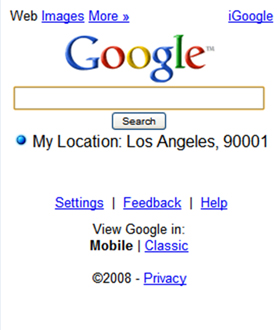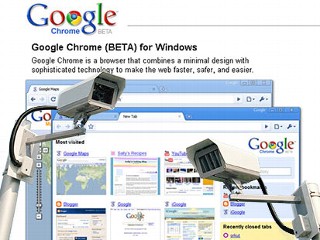
Beijing has ordered Google to stop users of its Chinese-language service accessing overseas websites in the biggest blow to the world’s leading search engine in China since it started operating there four years ago.
In a move that could disrupt Google’s growth in China, which now has more internet users than the US, the Chinese government said it had told Google to suspend foreign searches and a feature that automatically suggests multiple search results once typing commences in the search window.
The action comes amid a storm of outrage among Chinese internet users over Beijing’s order that every new PC sold in the country be equipped with censorship software, ostensibly to block pornography. One senior US internet figure said the move against Google appeared to be an attempt to deflect attention away from the domestic censorship uproar by redirecting concerns about pornography against a foreign company.
According to state media on Friday, authorities said Google was being “punished” for linking to pornographic content.
On Thursday, in a “law enforcement talk”, the government announced that it was ordering the company to suspend foreign searches and automated keywords, according to Xinhua, the official news agency, and China Central Television, the main state broadcaster.
Read moreChina tells Google to end access to foreign websites










